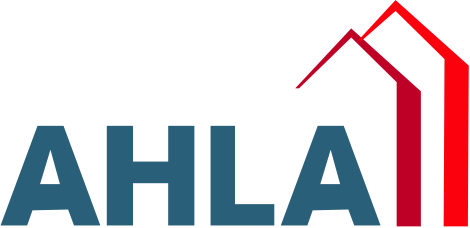KEY MESSAGES
- As an industry, we recognize that hotels can play an important role in fighting human trafficking networks and that’s why employee training continues to be a cornerstone of our efforts.
- We remain committed to ensuring the industry has the resources and training tools to equip and empower hospitality employees to respond and prevent human trafficking.
- In order for anti-trafficking efforts to be truly successful, there really needs to a society-wide focus on the issue, but it is especially important for all members of the travel industry to be cognizant of the unique intersection of travel and trafficking networks.
- And through partnerships with organizations like Polaris, ECPAT-USA, and the Department of Homeland Security’s Blue Campaign, we will continue to do our part to help stop these terrible crimes. We are thankful for the incredible work they do every day, and their partnership to bolster our industry’s efforts response to human trafficking prevention.
- AHLA has developed numerous resources and training tools for hotel employees.
- One of those tools is an online training program developed with ECPAT, a leading anti-trafficking organization.
- We’ve helped promote other training programs through the various partnerships we’ve developed. In the past, we’ve held webinars on trafficking for our members.
- We also continue to actively seek opportunities to promote awareness of the issue at the large gatherings of our membership, on the national stage through roundtable discussions, annual conferences and congressional meetings, and at the state and local levels by sharing tools and resources to key organizations and public leaders.
ISSUE BACKGROUND:
Human trafficking - modern day slavery - is not just a problem in developing nations. Estimates show that thousands of men, women, and children are trafficked in the United States each year primarily for sexual or labor exploitation. Trafficking networks often rely on legitimate businesses to sustain their operations and infrastructure. Hotels are one of many venues that traffickers use to exploit their victims. As a result, industry leaders are increasingly recognizing the unique role they can play in preventing and disrupting this crime. Traffickers use hotel and motel rooms when setting up encounters between victims of sex trafficking and those individuals purchasing sex. Labor trafficking is also present in both the hotel industry's workforce and in the supply chain of its products. This criminal activity presents a great risk for the safety and security of hotel businesses, as well as legitimate hotel customers. Traffickers are capitalizing on the lack of awareness around this issue within the hotel industry. All too often, they continue to exploit their victims unchecked because staff, managers, and executives do not know what to look for.

